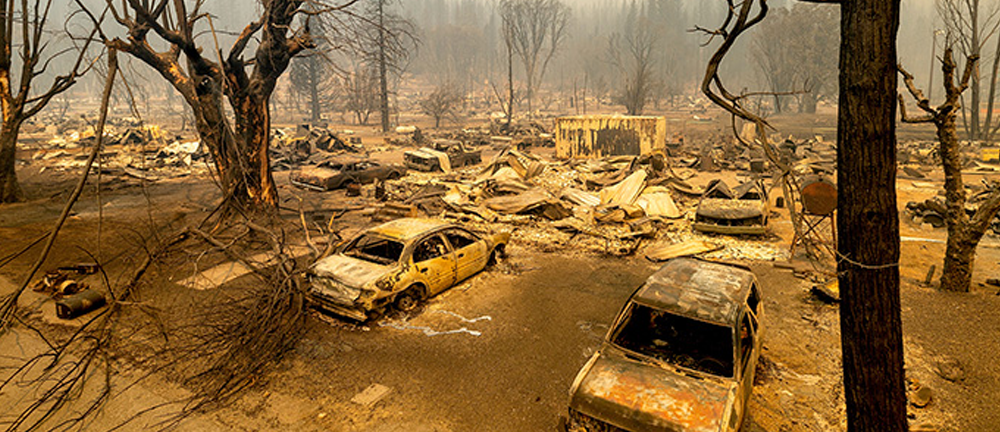The severe drought affecting many regions of Europe since the beginning of the year has been further expanding and worsening.
Dry conditions are related to a wide and persistent lack of precipitation—rain and snow—combined with a sequence of heat waves from May onwards. The severe precipitation deficit has affected river discharges widely throughout Europe. The reduced volume of stored water has had severe effects on the energy industry, for both hydro-power generation and the cooling systems of other power plants. Recent precipitation (mid-August) may have alleviated drought conditions in some regions of Europe; in some areas, however, associated thunderstorms caused damage and losses and may have limited the beneficial effects of precipitation.
Warmer and drier conditions than usual are likely to occur in the western Euro-Mediterranean region in the coming months. In some areas of the Iberian Peninsula, drier than usual conditions are forecast for the next three months.
The latest update of the combined drought indicator, including the first ten days of August 2022, points to 47 per cent of Europe being in warning conditions and 17 per cent in alert conditions. Soil moisture and vegetation stress are both severely affected. Drought hazard has been increasing in Italy, Spain, Portugal, France, Germany, the Netherlands, Belgium, Luxembourg, Romania, Hungary, northern Serbia, Ukraine, Moldova, Ireland, and Britain. The rest of Europe, already affected by drought, maintains stable, severely dry conditions.
Meanwhile, after a decade of financial austerity, is Europe now on the brink of a new age of energy austerity? The city of Hannover has recently introduced strict energy-saving rules, which include cutting off the hot water in public buildings, swimming-pools, sports halls, and gyms, banning mobile air-conditioners, fan heaters, and radiators, switching off public fountains, and ending the illuminating of public buildings at night.
Several countries in Europe are considering dimming or switching off public lights and even adopting “energy curfews,” with early closures for businesses and public offices. And more drastic measures are under consideration, including gas rationing for energy-intensive industries, such as steel and agriculture.
While humanity knows the reasons for this collapse in the Earth System, governments globally ignore what they must do. Capitalism is causing nature to collapse, and thousands of people are dying each year because of the inaction of the major powers. Today it would be hard to find any person of education who would deny the facts of our changing Earth System—yet they do deny it.
The American biologist and environmentalist Barry Commoner wrote the four informal laws of ecology:
(1) Everything is connected to everything else.
(2) Everything must go somewhere.
(3) Nature knows best.
(4) Nothing comes from nothing.
Capitalism is playing with fire. The system contains no braking mechanisms other than periodic economic breakdowns. It does not lend itself to, and is not compatible with, long-range planning of a kind that would be essential to implementing effective ecological policies. It has alienated itself from nature, and nature is calling out for help, as with this catastrophic report on the weather in Europe.
We urgently need to organise our people, from whatever background, to build a resistance that will truly defend nature and the well-being of our people. We don’t have much time. Without mass struggle we are doomed, and are handing a death sentence to our children and our children’s children.
What is needed in order to save our planet is a revolution. Writing in the 1890s, William Morris outlined what he felt the word meant, and I think it is worth repeating. It means a change in the basis of society; it may frighten people, but it will at least warn them that there is something to be frightened about, which will be no less dangerous for being ignored; and also it may encourage some people and will mean, to them at least, not a fear but a hope.






